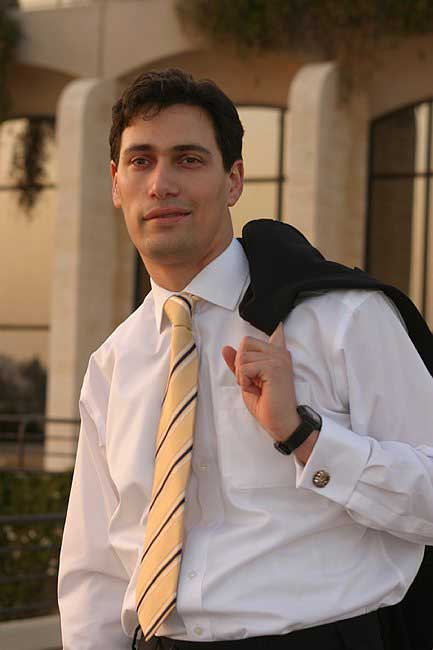Bureaucrats or Autocrats?
A couple of years ago, I received an amusing powerpoint show purporting to come from the HR department. Entitled "Automatic Salary Review", it asks you to decide whether you're satisfied with your salary by clicking on a "yes" or "no" box. The only problem is, the "no" box moves around the screen whenever you try to click on it, leaving you with no choice but to click on the "yes" box. Occasionally, humour can be rather too close to home, and as the results of last weeks referendum proved, the people who run the European Union don't take no for an answer.
Whilst political commentators across Europe have concluded that we may have passed a watershed, it has been business as usual in Brussels, with Jean-Claude Juncker of Luxembourg (EU President) stating that ratification of the constitution would proceed regardless. Other EU bureaucrats have been similarly dismissive by saying the results reflected voters anger with their government rather than than the EU. No one in Brussels it seems is aware of their own unpopularity, and why should they? After all, none of them are up for election.
Up till now, the biggest strength of the EU (and now its weakness) has been its lack of democracy. Communism may have retreated in Eastern Europe, but the belief in utopia is as strong as ever in Western Europe. And if you believe you're building a better society, why let something as inconvenient as an electorate stop you. When the Spectator Magazine asked Margot Wallstrom, the vice-president of the European Commission why the hours doctors work in hospitals were being decided at Continental level rather than national level, her reply was "Are you in favour of doctors being overworked?". And there you have it. In the eyes of Brussels bureaucrats, some issues are far too important to put to the vote. Europe may have abandoned christianity, but has replaced state religion with Eurocracy and all it's associated tenets: the 48 hour week, the single currency, and international law.
60 years after World War II, maybe it's time Europe's political elite stopped obsessing about the holocaust, and drew some conclusions from closer to home. The iron curtain fell less than 20 years ago, but somehow the crimes committed by the communists never figured in Europes imagination. Whilst populism is frowned upon because it led to Hitler coming to power, Europe's political elite seem less willing to learn the lessons of communism, That never mind how noble, egalitarian, or humane their beliefs, there is something inherently rotten about a system that values its ideals more than what the people have to say about it.

